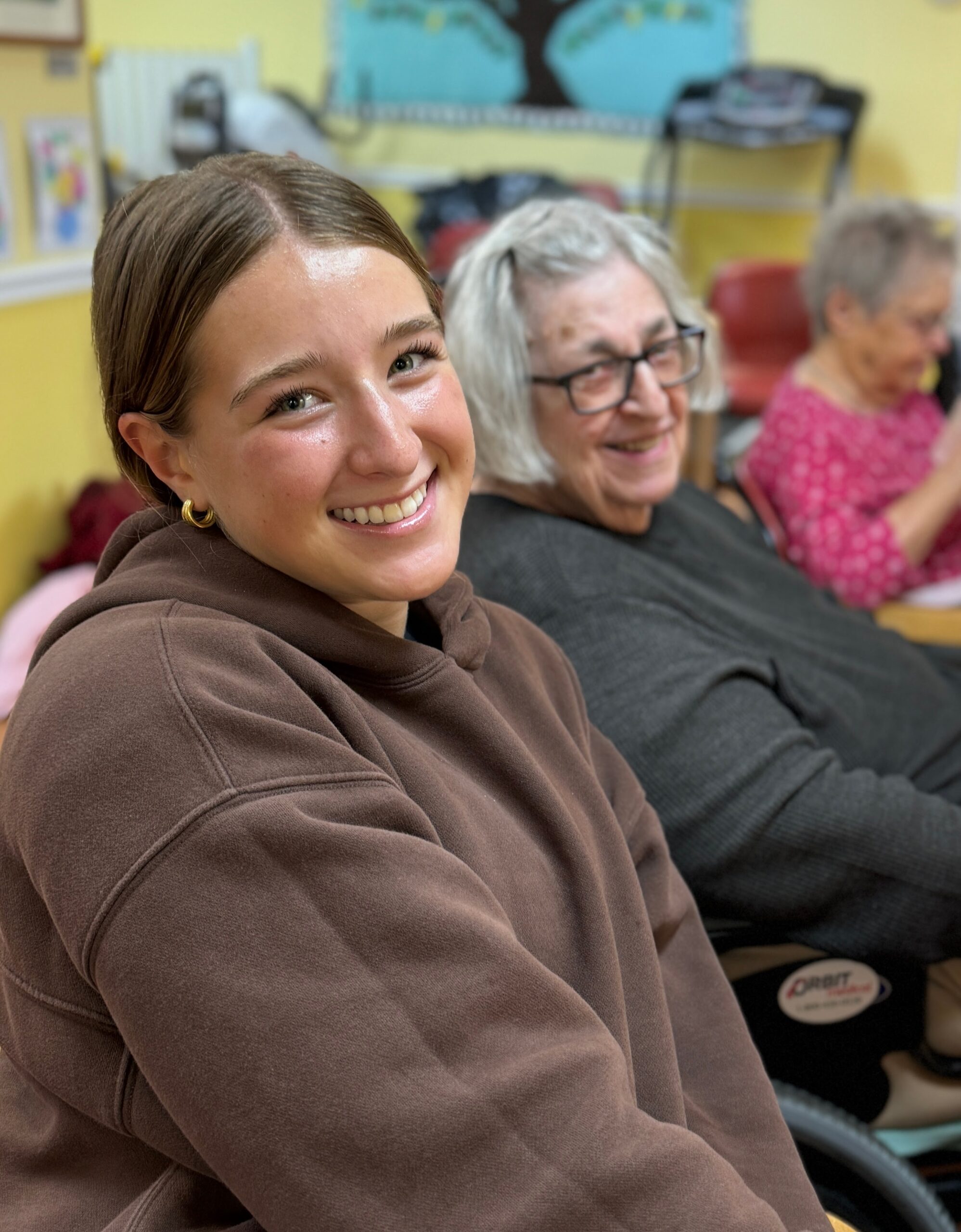By Shari Imbo, Marketing & Communications
As more seniors move into assisted living communities – such as at The Selfhelp Home in Chicago, IL, maintaining social engagement and emotional well-being becomes a central focus of care. Intergenerational activities—programs that bring together individuals from different age groups, especially seniors and young people—have proven to be especially beneficial in this regard. These programs not only enrich the lives of older adults but also create a mutual exchange of experiences, stories, and wisdom, ultimately helping all participants to feel more connected and fulfilled.
Here’s a look at how intergenerational activities benefit seniors in assisted living communities, and why such initiatives are increasingly popular in long-term care settings.
1. Combating Loneliness and Isolation
Loneliness and social isolation are common challenges for seniors, especially those in assisted living. Intergenerational programs can provide meaningful social interactions that combat these feelings. Children, teens, and young adults bring an energy and curiosity that encourages seniors to engage, laugh, and be present in the moment. Research has shown that interactions with younger generations can reduce the likelihood of depression and even improve cognitive function in older adults. By fostering these connections, seniors are given a break from the routine, allowing them to enjoy fresh perspectives and social engagement.
2. Enhancing Cognitive and Physical Activity
Activities designed to bring seniors and young people together often involve physical movement, cognitive tasks, or learning opportunities. Whether it’s gardening, art classes, board games, or technology workshops, these interactions challenge seniors to stay physically and mentally active. For example, when seniors work with younger individuals to learn a new technology or try a creative project, it not only stimulates their minds but also reinforces a sense of accomplishment.
We offer an abundance of activities at The Selfhelp Home which focus on improving motor skills, flexibility, and coordination. Physical activities, such as weight training and yoga classes, or participating in group games and activities such as our drama, baking, and gardening clubs boost self-esteem and bring a sense of purpose.
Many seniors in assisted living have valuable life experiences and knowledge to share, yet they may feel that these qualities go unrecognized in their current environment. Intergenerational activities create an opportunity for seniors to act as mentors, storytellers, or guides. Sharing life experiences, wisdom, and skills with a younger generation gives them a renewed sense of purpose and belonging. At The Selfhelp Home two of our successful volunteer programs, “Generations Connected” and “Mitzvah Mensch” bring together local teens and our residents to engage in activities that encourages our seniors to share family stories, and provide guidance on topics like gardening, art, and baking – fostering a positive self-image and pride in their accomplishments.
4. Fostering Empathy and Breaking Down Stereotypes
Interactions between seniors and young people can dispel age-related stereotypes and foster greater empathy between generations. Young people often learn to see older adults as complex individuals rather than simply “in need of care,” which can change how they approach relationships with seniors in general. Similarly, seniors may come to view younger people as respectful, capable, and kind-hearted rather than dismissing them as “too modern” or “disinterested in the past.” By encouraging these relationships, both age groups develop greater understanding and compassion for one another, building an inclusive community that respects the value of all ages
At The Selfhelp Home we are dedicated to engaging with our residents in a myriad of ways, including the enhancement of the lives of our residents with intergenerational interactions. To learn more about us – and our volunteer opportunities, please visit us online or contact us directly.
Online: SelfHelpHome.org
Phone: 773.271.0300
Email: info@selfhelphome.org



